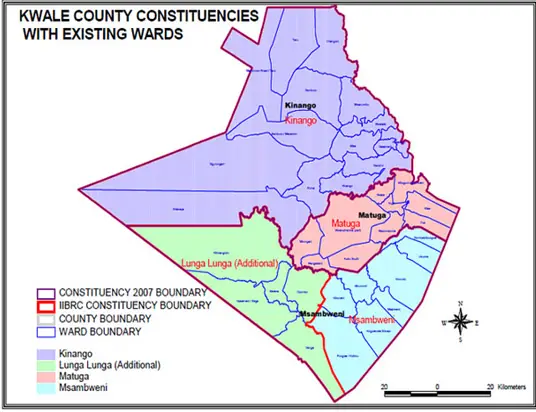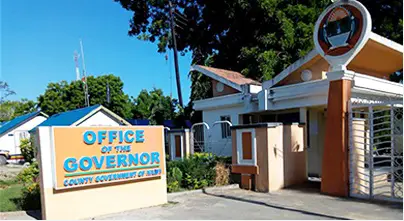Are you ready to discover the charm of Kinango Town? Nestled amidst the breathtaking landscapes of Kenya, this vibrant town offers a captivating blend of history, culture, and natural wonders. From its bustling markets to its tranquil surroundings, Kinango Town has something to offer for every traveler. Whether you’re looking to immerse yourself in the local traditions, explore its scenic beauty, or simply indulge in the warm hospitality of its residents, Kinango Town promises a truly unforgettable experience. So, get ready to embark on an enchanting journey through the heart of Kinango Town.
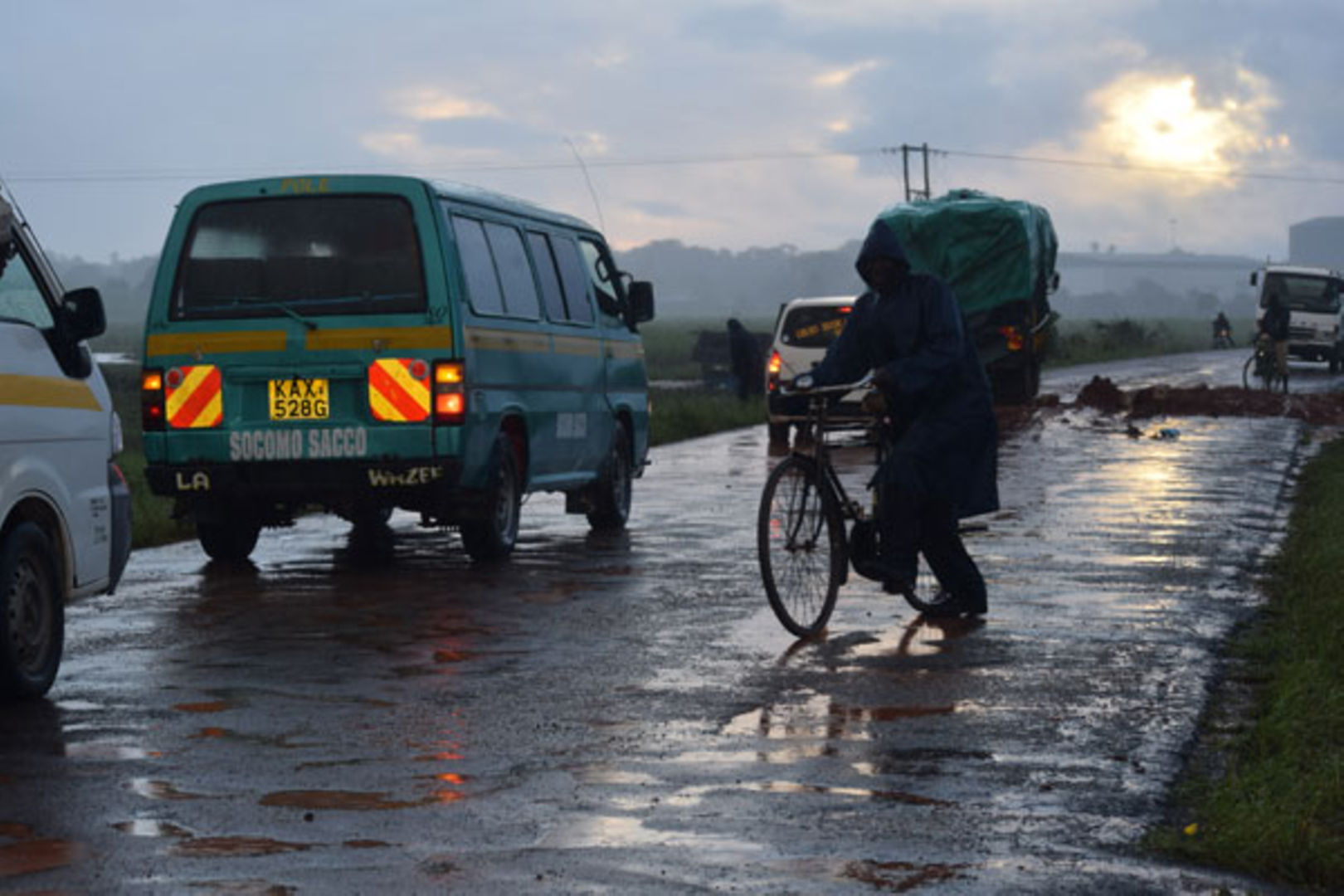
Geography
Location
Kinango Town is located in the Kwale County of Kenya, East Africa. It is situated in the southeastern part of the country, approximately 50 kilometers southwest of Mombasa, the second-largest city in Kenya. The town lies within the coastal region and is surrounded by beautiful landscapes, including hills, forests, and the Indian Ocean to the east.
Climate
Kinango Town enjoys a tropical climate due to its proximity to the coast. The town experiences a relatively high average annual temperature, ranging from 24 to 32 degrees Celsius. The region also receives a significant amount of rainfall, with the majority occurring during the two rainy seasons – March to May and October to November. This climate creates a lush and vibrant environment, supporting the region’s diverse flora and fauna.
History
Early settlements
The history of Kinango Town dates back to ancient times when it was inhabited by the Digo people. These early settlers engaged in subsistence farming and fishing, taking advantage of the fertile land and abundant marine resources in the area. Due to its strategic location and access to natural resources, Kinango Town gradually became a hub for trade and cultural exchange between the coastal communities and those further inland.
Colonial era
During the colonial era, Kinango Town, like the rest of Kenya, came under British rule. The town became an important center for the extraction and export of valuable commodities, such as timber and minerals, which greatly influenced its economic development. The colonial period also brought significant changes to the social and cultural fabric of Kinango Town, as British influences began to shape various aspects of day-to-day life.
Independence and development
After Kenya gained independence in 1963, Kinango Town experienced rapid development in various sectors. The government invested in infrastructure projects, including the construction of roads, hospitals, and schools, to improve the living standards of the local population. The town’s economy diversified further, with the growth of agriculture, trade, and commerce. Today, Kinango Town retains its cultural heritage while embracing modernity, making it an attractive destination for residents and visitors alike.
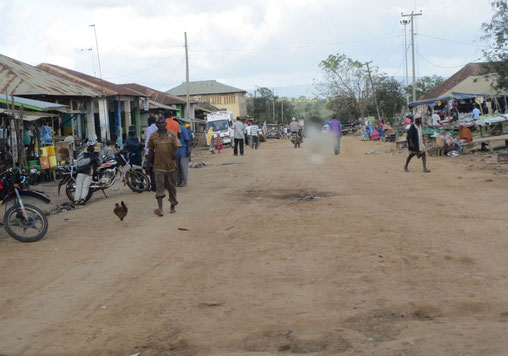
Demographics
Population
Kinango Town has a diverse and vibrant population, with a total population estimated to be around 60,000 people. The population is a mix of different ethnic groups, each contributing to the town’s rich cultural tapestry. Over the years, the town has also attracted a significant number of migrants from other regions in Kenya, seeking new opportunities and a better quality of life.
Ethnic groups
The main ethnic groups in Kinango Town include the Digo, Duruma, and Giriama. These communities have a strong presence in the area and have their own unique languages, traditions, and customs. The harmonious coexistence of different ethnic groups has fostered a sense of unity and contributed to the town’s cultural diversity.
Religion
Kinango Town is predominantly Christian, with a significant number of residents identifying as either Roman Catholic or Protestant. However, Islam also has a considerable following, primarily among the coastal communities. Places of worship, including churches and mosques, can be found throughout the town, representing the religious diversity and tolerance that exists within the community.
Economy
Agriculture
Agriculture plays a crucial role in Kinango Town’s economy, with a focus on both subsistence and commercial farming. The region’s fertile soil and favorable climate support the cultivation of a wide range of crops, including maize, cassava, coconut, cashew nuts, and various fruits and vegetables. Additionally, the town is known for its thriving livestock industry, with cattle, goats, and poultry being reared for both domestic consumption and sale.
Trade and commerce
Kinango Town serves as a trading hub for the surrounding rural areas, facilitating the exchange of goods and services. The town’s central market is a bustling and vibrant place, where locals and traders from neighboring regions gather to buy and sell agricultural produce, crafts, clothing, and household items. This vibrant trade activity contributes significantly to the town’s economic growth and provides employment opportunities for many residents.
Tourism
Kinango Town’s natural beauty and rich cultural heritage make it an attractive destination for tourists. The town is surrounded by breathtaking landscapes, including lush forests, pristine beaches, and diverse wildlife. Visitors can explore the Shimba Hills National Reserve, famous for its populations of elephants, giraffes, and antelopes. Additionally, Kinango Town is known for its cultural festivals, such as the Digo Cultural Festival, which showcases the traditions, music, and dances of the local communities.
Infrastructure
In recent years, Kinango Town has witnessed significant improvements in its infrastructure. The government has invested in the construction and renovation of roads, enhancing connectivity within the town and with neighboring areas. Efforts have also been made to improve access to clean water and electricity, ensuring residents have basic amenities for their daily needs. These infrastructure developments have not only improved the quality of life for the local population but also laid the foundation for further economic growth and development.
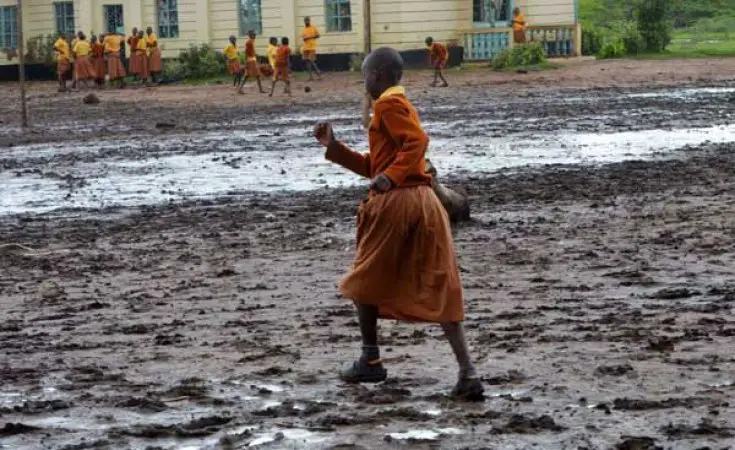
Education
Schools
Kinango Town boasts a variety of educational institutions that cater to the learning needs of its residents. The town has numerous primary and secondary schools, providing quality education to children of all ages. These schools follow the national curriculum and strive to create a conducive learning environment for students. Education is highly valued in the community, with parents and educators working together to promote academic excellence and holistic development.
Tertiary institutions
To cater to the higher education needs of Kinango Town and the surrounding regions, there are tertiary institutions available. These institutions offer a range of courses, including technical and vocational training programs, diploma courses, and degree programs. The availability of tertiary education opportunities plays a crucial role in equipping individuals with the knowledge and skills necessary to succeed in various professional fields.
Healthcare
Hospitals
Kinango Town has several hospitals and healthcare centers that provide a range of medical services to the local population. These facilities are equipped with modern medical equipment and staffed by trained and dedicated healthcare professionals. Residents can access quality healthcare services, including emergency care, maternity services, and preventive care. The presence of these healthcare facilities ensures that the community’s health needs are adequately met.
Medical clinics
In addition to hospitals, Kinango Town also has various medical clinics and dispensaries scattered throughout the area. These clinics offer primary healthcare services, including routine check-ups, vaccinations, and treatment of minor ailments. They serve as crucial healthcare providers for the local community, ensuring accessibility and affordability of medical services, especially for those living in remote areas.
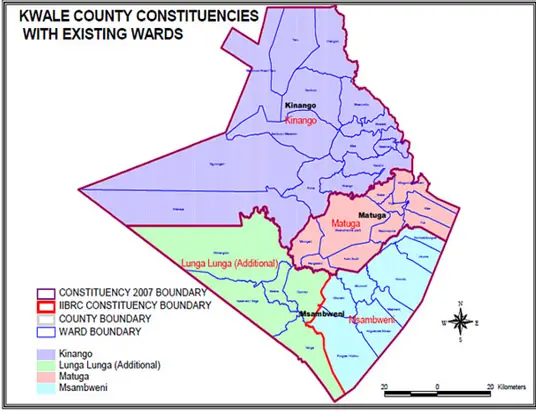
Transportation
Roads
Kinango Town is well-connected by a network of roads, providing easy access to neighboring towns and major cities. The government has made significant investments in road infrastructure, including the construction and maintenance of key roads. This has improved connectivity within the town and facilitated the transportation of goods and people. In recent years, efforts have been made to upgrade certain roads to enhance safety and efficiency.
Public transportation
Public transportation is widely available in Kinango Town, offering convenient and affordable travel options for residents and visitors. Buses, matatus (minibusses), and motorcycles (bodabodas) are the primary modes of public transportation within the town and to nearby areas. These services are essential for daily commuting and also play a crucial role in promoting tourism by providing access to various attractions and historical sites.
Culture
Traditional practices
Kinango Town has a rich cultural heritage, with vibrant traditional practices that have been passed down through generations. The local communities maintain strong ties to their ethnic traditions, which are celebrated through various rituals, dances, and ceremonies. Traditional practices such as storytelling, beadwork, and pottery are an integral part of the cultural fabric of Kinango Town and are cherished by locals and visitors alike.
Festivals
Festivals are an important part of Kinango Town’s cultural calendar, providing opportunities for the community to come together and celebrate. The Digo Cultural Festival is a notable event that showcases the traditions, music, dance, and cuisine of the Digo community. This festival attracts both locals and tourists, offering a glimpse into the vibrant cultural heritage of the region. Other festivals, such as the Kwale Cultural Festival and Mwakitau Festival, also contribute to the town’s cultural vibrancy.
Cuisine
Kinango Town boasts a diverse culinary scene, influenced by the various ethnic communities residing in the area. Local cuisine often features dishes made from fresh seafood, such as grilled fish and coconut-based stews. Other popular dishes include ugali (a staple made from maize flour), pilau (spiced rice), and biryani (a fragrant rice dish). Visitors to the town can indulge in the flavors of the coast and experience the unique blend of spices and ingredients that characterize the local cuisine.
Attractions
Natural attractions
Kinango Town is blessed with a plethora of natural attractions that draw visitors from near and far. The Shimba Hills National Reserve, located nearby, is a haven for nature lovers, offering stunning views, hiking trails, and the chance to spot diverse wildlife, including elephants, buffalos, and various bird species. Beautiful beaches, such as Diani Beach and Tiwi Beach, provide opportunities for relaxation, water sports, and witnessing breathtaking sunsets.
Historical sites
For history enthusiasts, Kinango Town is home to several historical sites that offer a glimpse into the region’s past. The Shimba Hills Caves, a series of underground caves, hold archaeological significance and serve as an important historical site. The Kinango Slave Cave is another notable site, evidencing the dark legacy of the slave trade era. These sites provide a connection to the town’s history and allow visitors to learn about its cultural heritage.
Challenges and Future Prospects
Infrastructure development
Although Kinango Town has witnessed significant infrastructure improvements, there is still a need for further development in certain areas. Expanding and improving road networks to connect remote areas, enhancing access to clean water and electricity, and upgrading healthcare facilities are some of the infrastructure challenges that the town continues to face. However, with a growing economy and the commitment of both the government and the local community, efforts are being made to address these challenges and create a more sustainable and inclusive infrastructure network.
Unemployment
Like many other regions in Kenya, Kinango Town grapples with the issue of unemployment. The lack of job opportunities, particularly for the youth, poses a significant challenge to the town’s development. However, steps are being taken to promote entrepreneurship, vocational training, and job creation in sectors such as agriculture, tourism, and small-scale industries. By fostering a conducive environment for economic growth and innovation, it is hoped that the issue of unemployment can be mitigated, leading to improved livelihoods for the residents of Kinango Town.
Environmental concerns
Preserving the natural environment is a crucial concern for the residents of Kinango Town. The region’s biodiversity and ecosystems face various environmental challenges, including deforestation, unsustainable agricultural practices, and waste management issues. However, there is a growing awareness and commitment among the local community to protect and conserve the environment. Efforts are being made to promote sustainable farming methods, reforestation initiatives, and waste management strategies. By addressing these environmental concerns, Kinango Town can preserve its natural heritage for future generations and ensure a sustainable future.
In conclusion, Kinango Town in Kwale County, Kenya, is a vibrant and culturally diverse destination. Its rich history, natural beauty, and community-driven development make it an appealing place to visit and live. Despite the challenges it faces, the town is committed to building a sustainable future, maintaining its unique cultural identity, and providing opportunities for its residents to thrive. With ongoing infrastructure improvements, efforts to tackle unemployment, and environmental conservation initiatives, the future prospects for Kinango Town are promising.

